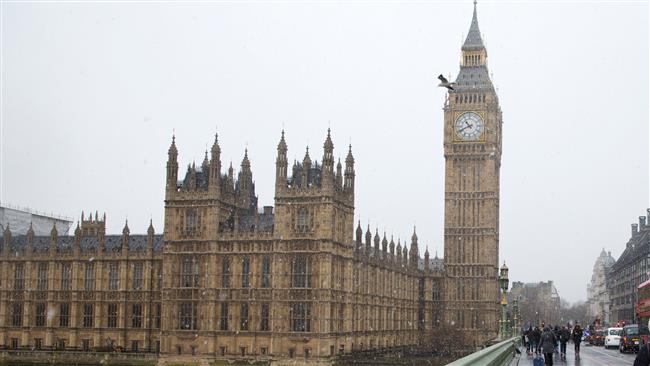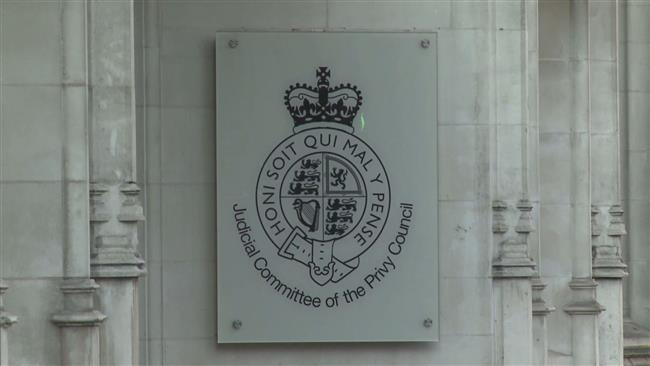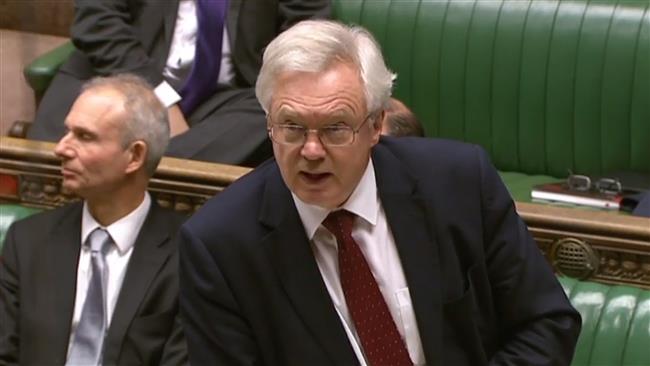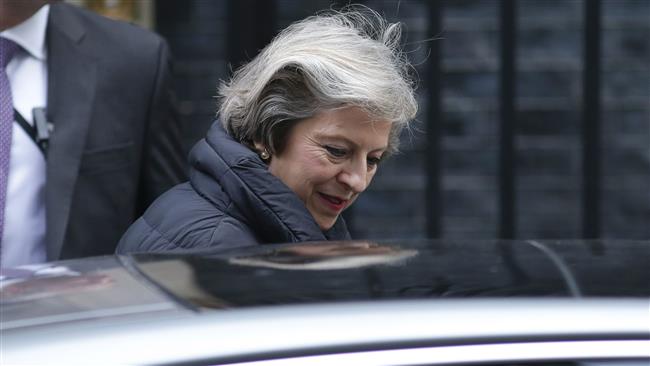UK parliament begins debate on Brexit bill
UK lawmakers have gathered in Parliament to debate whether the British government can trigger Britain’s formal exit from the European Union.
A bill authorizing UK Prime Minister Theresa May to invoke Article 50 of the EU's Lisbon Treaty starts its route through Parliament on Tuesday and is expected to pass overwhelmingly.
Although most lawmakers campaigned before the referendum to stay in the EU, most, including the leader of the opposition Labour Party, say they will vote to uphold the referendum’s result.
Opening the debate, David Davis, secretary of state for exiting the EU, told parliamentarians they could not block the Brexit process.
The decision to leave the block is "a point of return already passed," he said. "At the core of this bill lies a very simple question -- do we trust the people or not?"
Members of Parliament have been given until Wednesday to discuss the proposed legislation that would allow May to trigger the Brexit process.
The British government was forced to bring legislation to Parliament after the UK Supreme Court ruled it could not trigger Article 50 without approval from the Parliament.
In a landmark referendum held on June 23, nearly 52 percent of British voters, amounting to more than 17 million citizens, opted to leave the EU, a decision that sent shock waves throughout the world.
Those in favor of a British withdrawal from the EU argued that outside the bloc, London would be better positioned to conduct its own trade negotiations, better able to control immigration and free from what they believe to be excessive EU regulations and bureaucracy.
Those in favor of remaining in the bloc believed that leaving it would risk the UK's prosperity, diminish its influence over world affairs, and result in trade barriers between the UK and the EU.
Retaining access to the single market has been one of the major worries for UK businesses ever since the referendum.

Jewish group urges London police to reverse ban on pro-Palestine protest

Zionist lobby head in UK caught in pedophile scandal

Musk interferes in British politics
VIDEO | Captured NATO vehicles featured near Russian museum
VIDEO | Thrift 4 Gaza: A new form of activism
Millions of Shia Muslims celebrate Imam Ali’s birth anniversary worldwide
Striking Israeli from the ‘shadows’: US daily says Hamas is being commanded by a ‘new leader’
Israeli general threatened with arrest for treating Palestinian as ‘human animals’
Iran’s daily gas use hits new high of 874 mcm
Jewish group urges London police to reverse ban on pro-Palestine protest
Missile fired from Yemen triggers sirens in Israeli-occupied territories










 This makes it easy to access the Press TV website
This makes it easy to access the Press TV website